The axolotl (Ambystoma mexicanum), often referred to as the "Mexican wandering salamander", is in fact not a fish, but an amphibian that spends its entire life in water. What makes the axolotl so special is its amazing ability to regenerate and its eternal youthful existence, which has made it the object of intensive scientific research.
But it's not just scientists who are fascinated by the axolotl; more and more aquarists are also keeping this animal in their home aquariums.
Before we take a closer look at the most common mistakes made when keeping axolotls, we would like to share some interesting information about the axolotl with you.
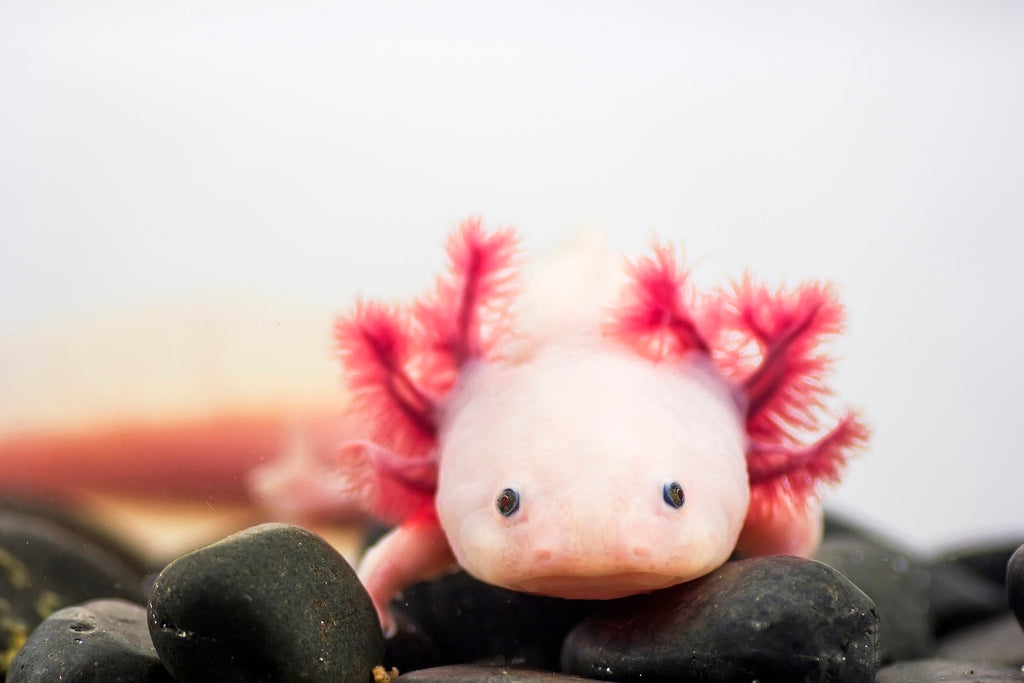
The origin of the axolotl
Originally native to the lakes of Xochimilco and Chalco in Mexico City, the axolotl's natural habitat is now severely threatened. Pollution, habitat loss and invasive species have led to a dramatic decline in populations, which has put the axolotl on the endangered species list.
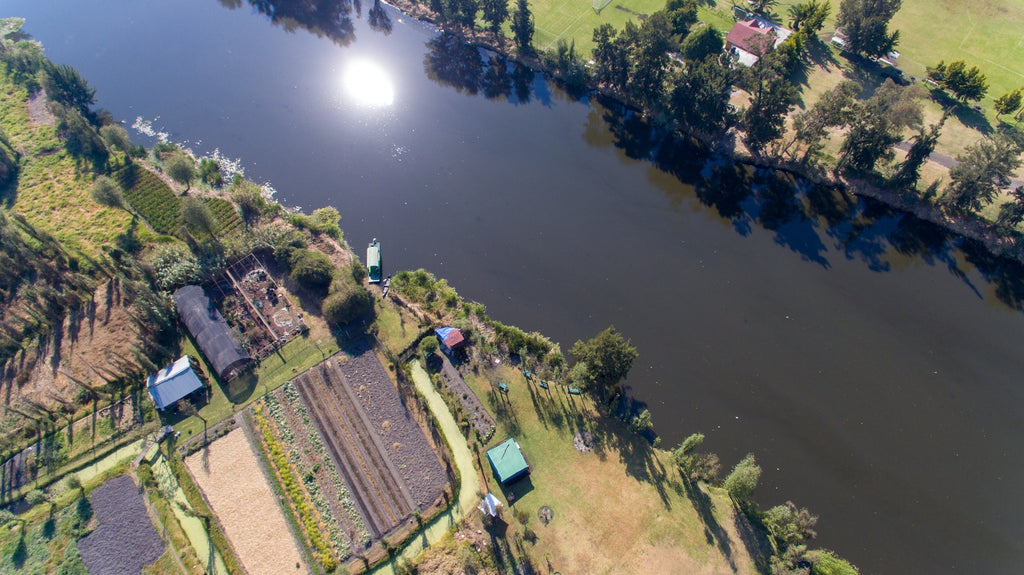
The axolotl, an eternal child
One of the most fascinating characteristics of the axolotl is its neoteny, the ability to remain in its larval form for a lifetime. Unlike other amphibians, the axolotl does not undergo complete metamorphosis to the adult stage, meaning that it spends its entire life in the water and retains gills. This eternal youth sheds light on the mystery of regeneration and longevity in nature.
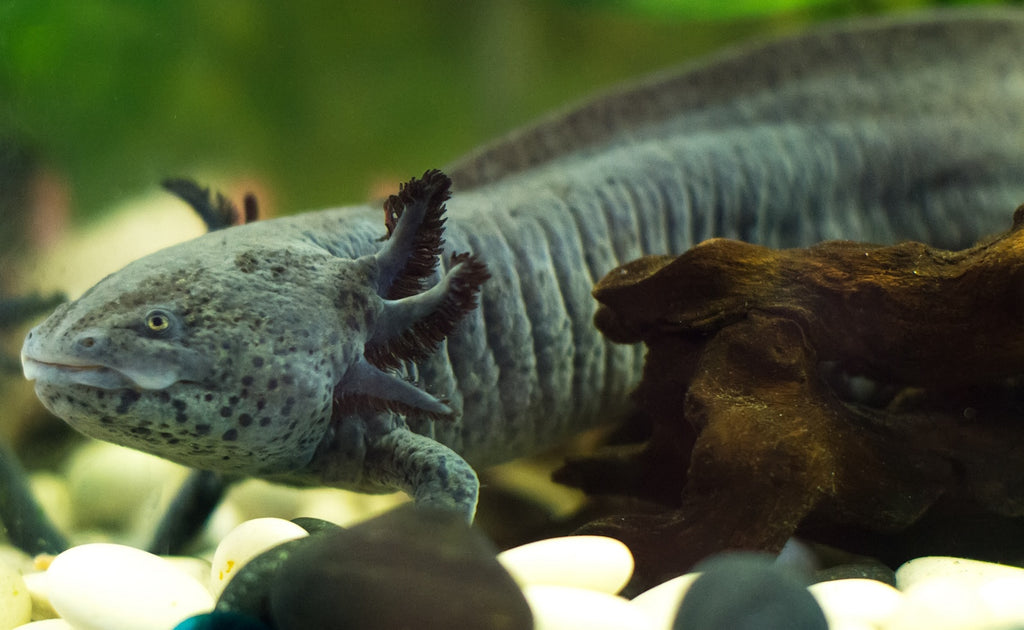
Axolotl, the master of regeneration
Axolotls have an extraordinary ability to regenerate that is unparalleled in the animal world. They can completely and perfectly restore lost or damaged body parts, including their heart, lungs and even parts of their brain. This amazing ability makes the axolotl an important model organism in biomedical research, particularly in the areas of tissue regeneration and wound healing.
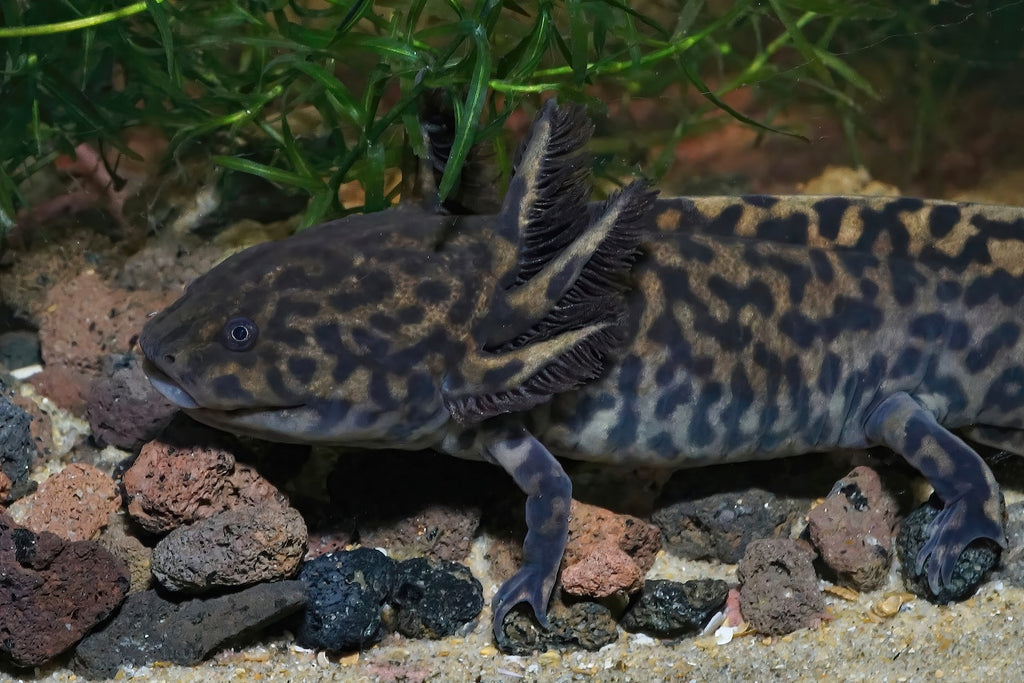
How to keep and protect the axolotl
Although axolotls can be kept as pets, their care requires special attention to meet their natural living conditions. However, preserving their natural habitats and protecting them from pollution and invasive species is of paramount importance to ensure the survival of this unique species in the wild.
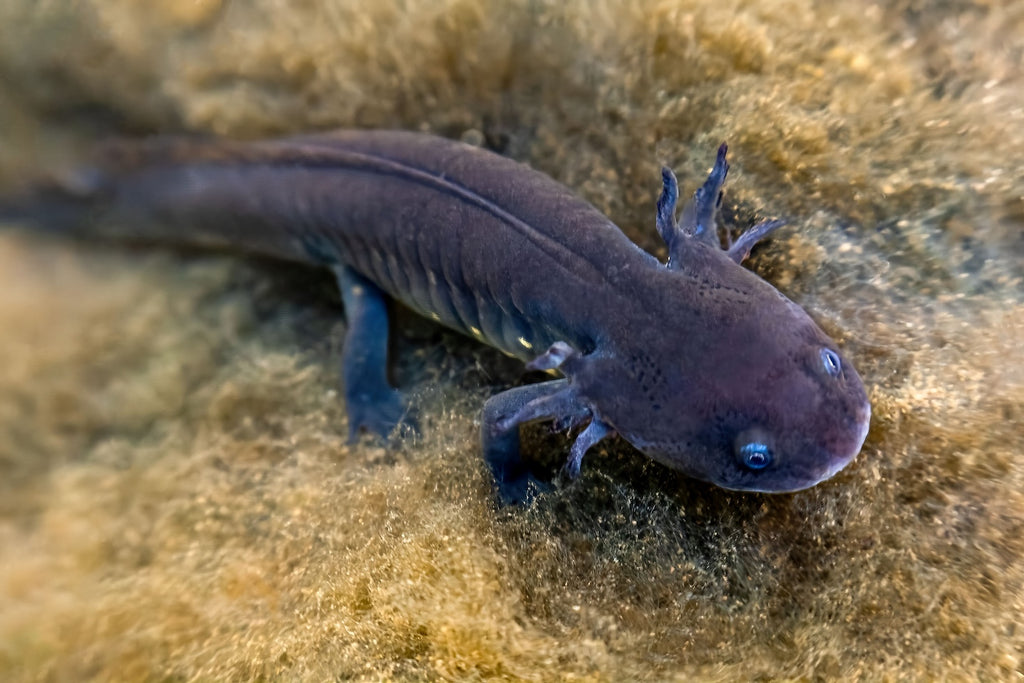
Frequent mistakes when keeping axolotls
Typical husbandry mistakes occur time and again when keeping axolotls, which we would like to take a closer look at in this section. Because to ensure the health and well-being of your axolotl, it is important that they are kept correctly
An aquarium that is too small
Axolotls can reach a size of approx. 23 to 25 cm. There are allegedly also axolotls that have grown a little larger. Due to the size of the animals and the fact that axolotls like to move around a lot, a correspondingly large aquarium is a must in order to keep these animals in a "species-appropriate" way. We therefore recommend choosing an aquarium with an edge length of 100 cm or more for a small group of axolotls. This will not only give the axolotls enough space to move around, but you will also have room to offer your axolotls the all-important hiding places.
The rare aquarium care
Axolotls are also known to secrete a lot. These secretions have a major influence on the water values in the aquarium. It is therefore essential to clean the aquarium thoroughly at least once a week to ensure that the water values are in the green range. Regular cleaning will prevent your axolotl from becoming unnecessarily ill due to poor water values.
The wrong water temperature
In contrast to tropical ornamental fish that are kept in an aquarium, axolotls need cooler water to feel comfortable. Temperatures between 10 and 20 °C are ideal for these animals. If the temperature is too warm, axolotls usually become "panicky" and the animals' health can suffer. If you cannot offer the axolotl such temperatures, you should refrain from keeping it. For warmer periods during the summer, partial water changes and coolers specially made for aquariums help to prevent temperatures from rising too high.
The wrong diet
Axolotls are carnivores by nature and therefore need protein-rich food. In our aquarium store you will find food specially developed for axolotls. This allows you to ensure that your axolotls get all the nutrients they need.
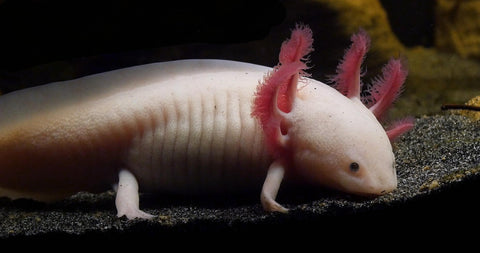
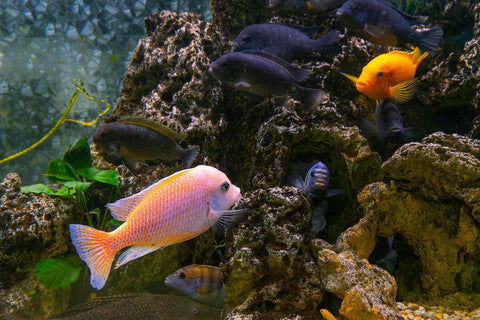
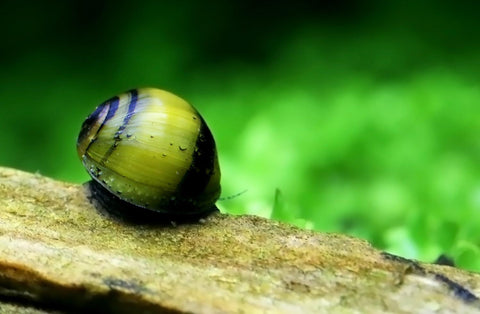

Comments (0)
There are no comments for this article. Be the first one to leave a message!